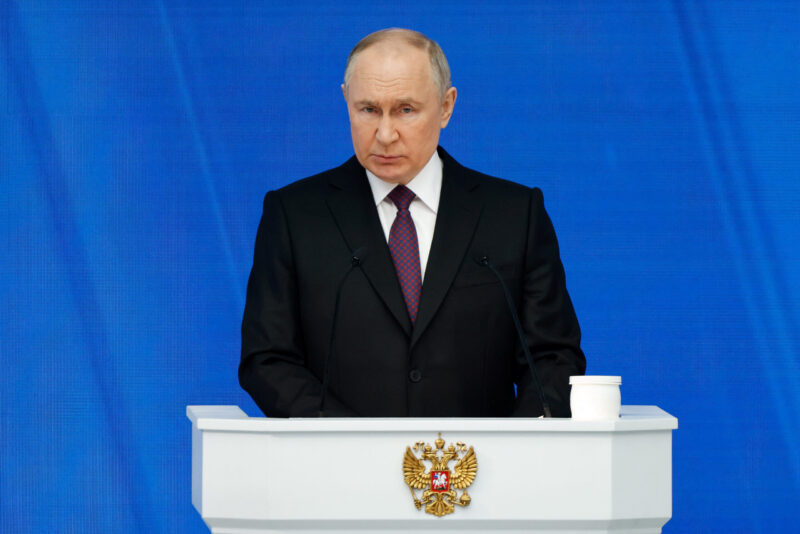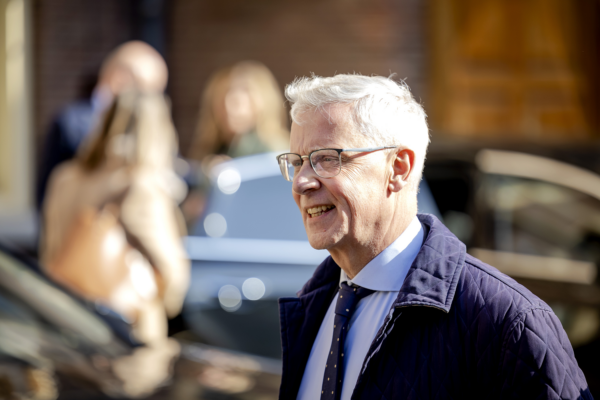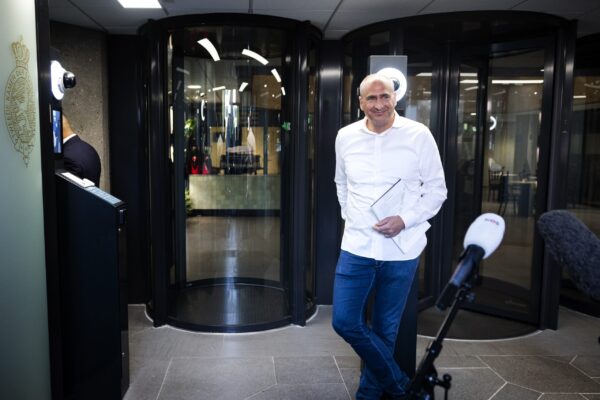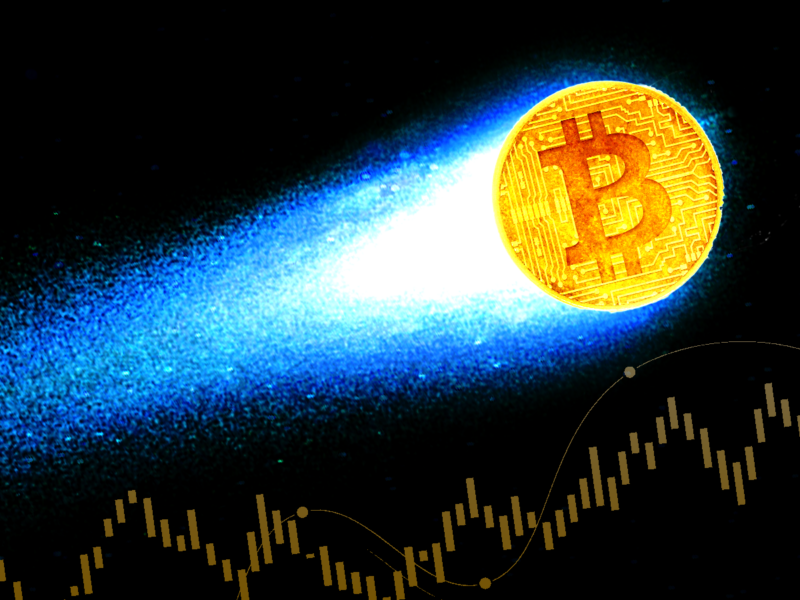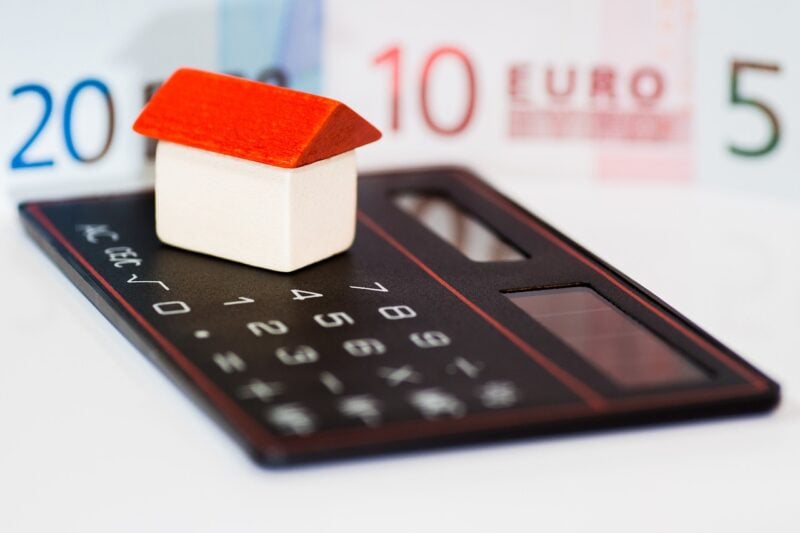- The Argentine peso has jumped 25% in three months against the dollar in one key exchange market.
- It's a result of President Javier Milei's measures to curb inflation and limit demand.
- However, spending cuts have also led the country into a recession.
Argentina's President Javier Milei still hasn't dollarized the economy as promised, but he has managed to do something that's possibly more shocking: strengthen the peso.
This currency has been one of 2023's most devalued tenders, and yet it's now become the top currency against the dollar.
In the past three months, the peso has surged 25% in the blue-chip swap market, one of Argentina's key foreign exchanges. According to Bloomberg, that's the biggest increase among 148 currencies it tracks against the dollar.
It's a welcome side effect of Milei's numerous reforms. The president won the election by pledging a massive economic overhaul, and in many ways he's kept his word. This has included extreme austerity measures, with capital spending dropping 85% in the first quarter, Bloomberg cited.
Argentina's blowout hyperinflationary conditions are the motivating force behind the approach, with the 12-month rate hitting 276.2% in February: the worst in the world.
But at the same time, the strategy has sent the Argentine economy tumbling into a deep recession, and protests against his spending cuts have become frequent. Compared to a year earlier, the economy contracted 3.6% in 2024's first two months, the Financial Times said.
It's also ironic that Milei has come to lead the peso out of tougher times, given his loud disdain for the currency last year.
"The peso is a currency emitted by Argentine politicians, so it can't be worth excrement," he said during the election, when it reached above 1,000 per dollar in free-floating markets.
Instead, Milei garnered supporters on the idea of ditching the peso and making the US greenback as Argentina's official currency, as many in the country had already been using the dollar as a more reliable tender.
But with his changes, confidence in the peso has sprung back, easing demand for dollars. According to Bloomberg, this has allowed the country's central bank to slowly replenish its hard-strung reserve of greenbacks.


